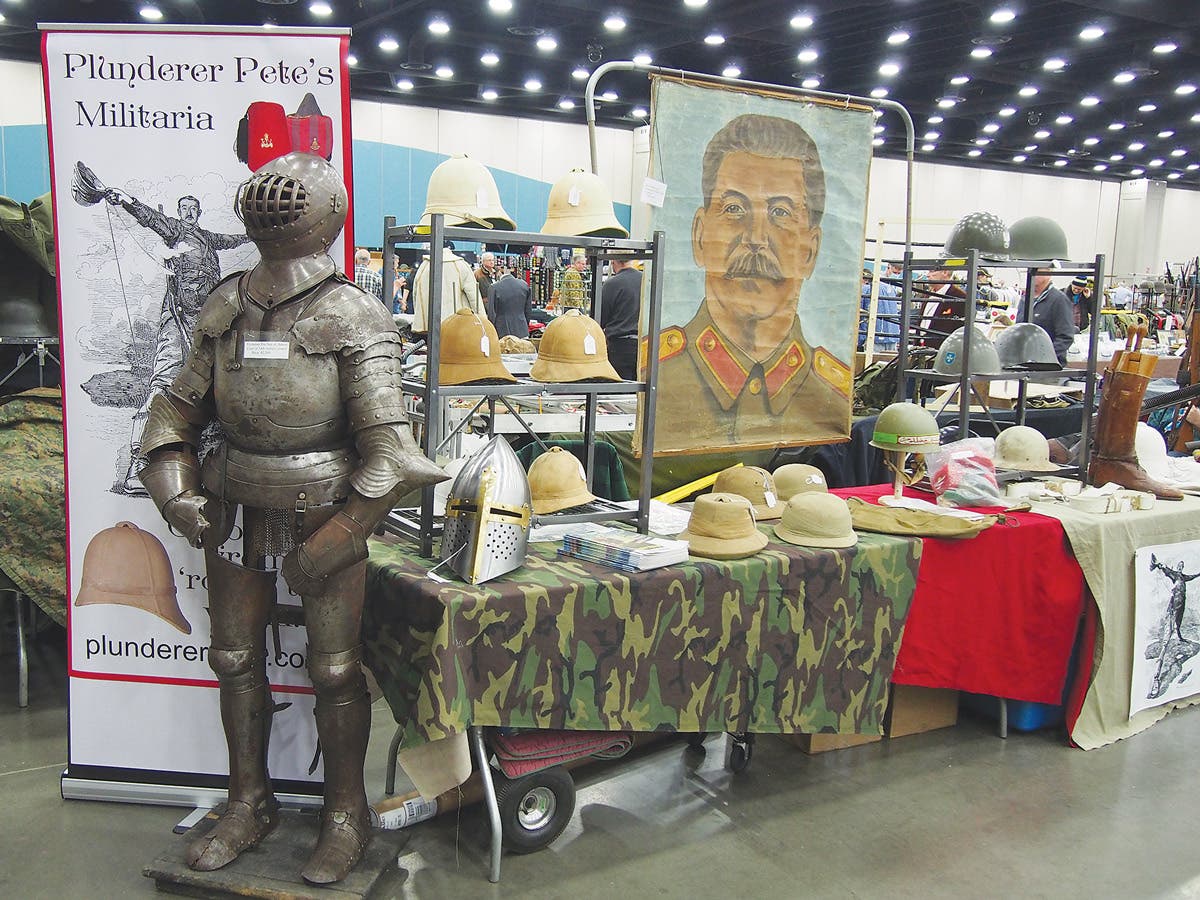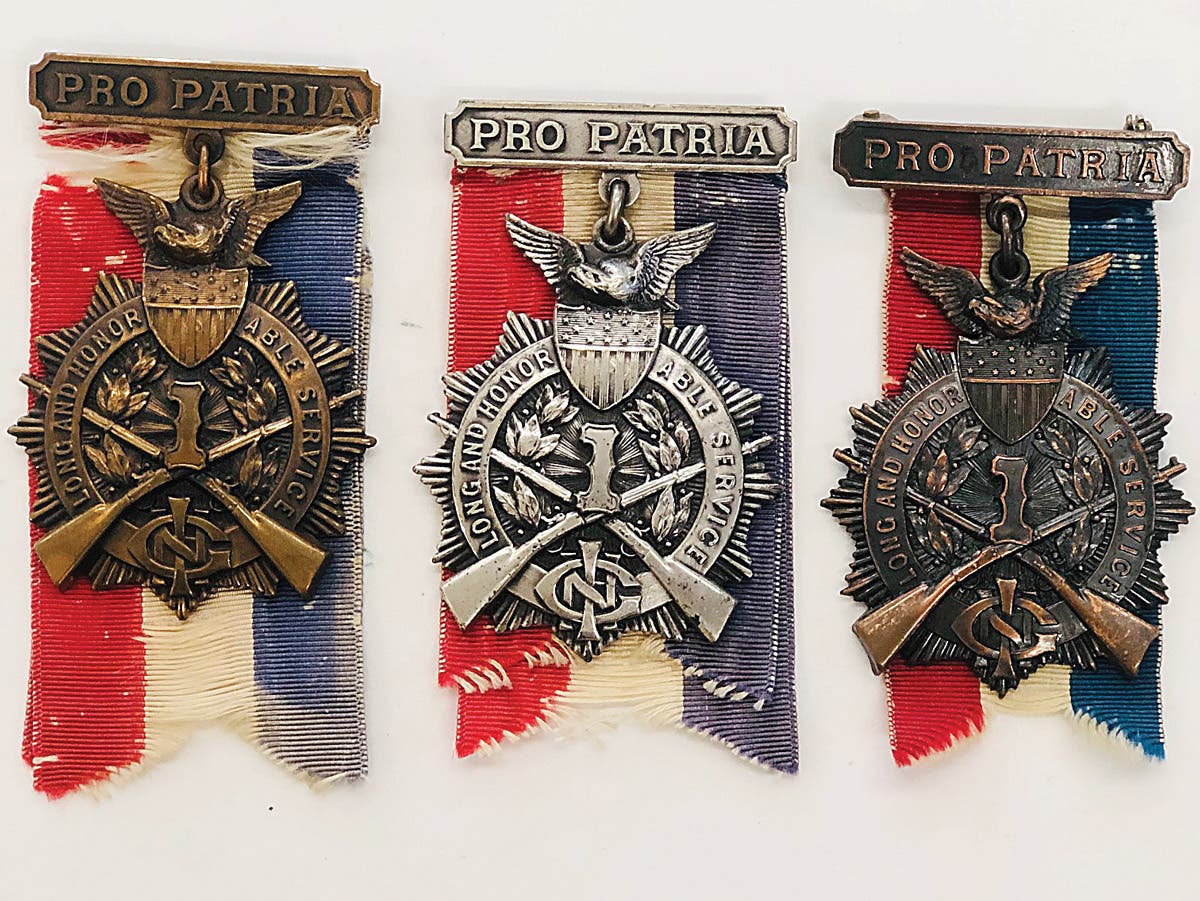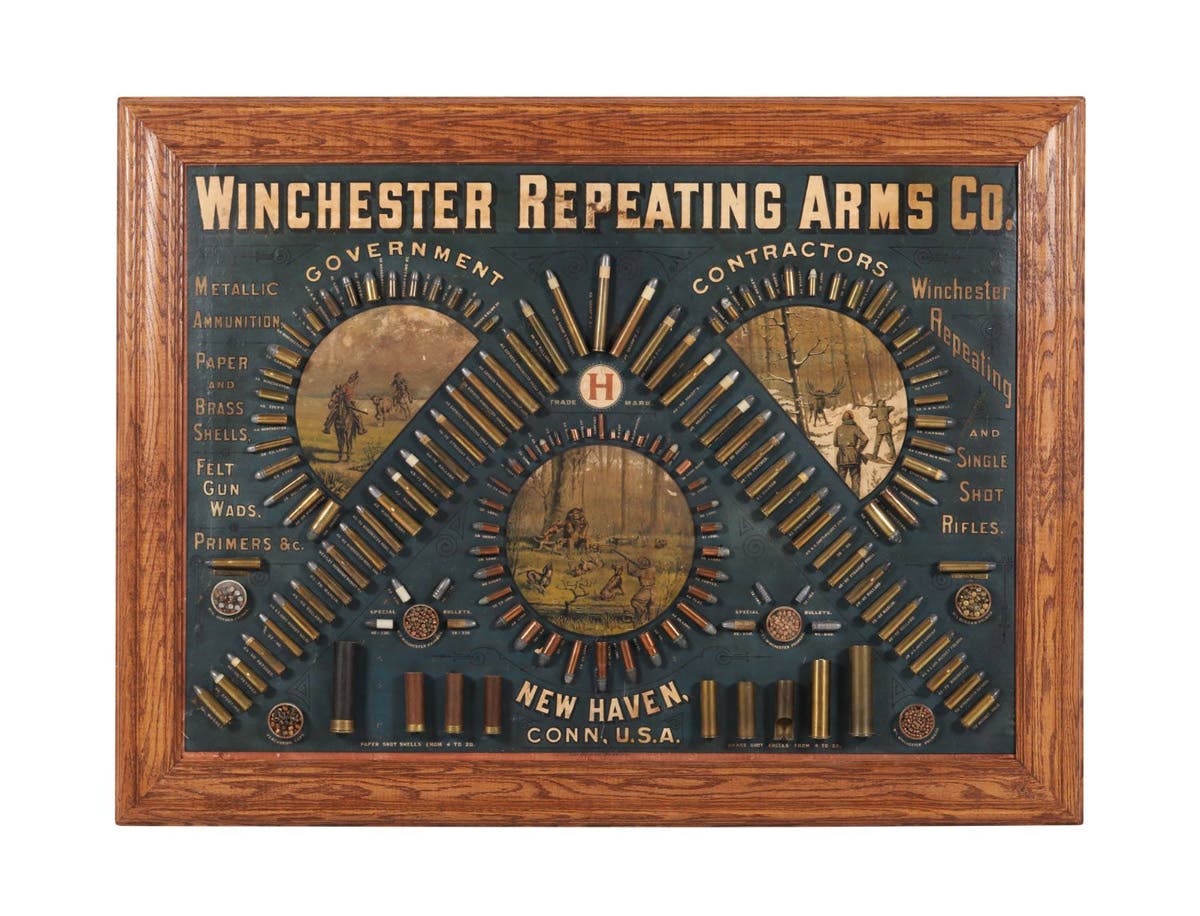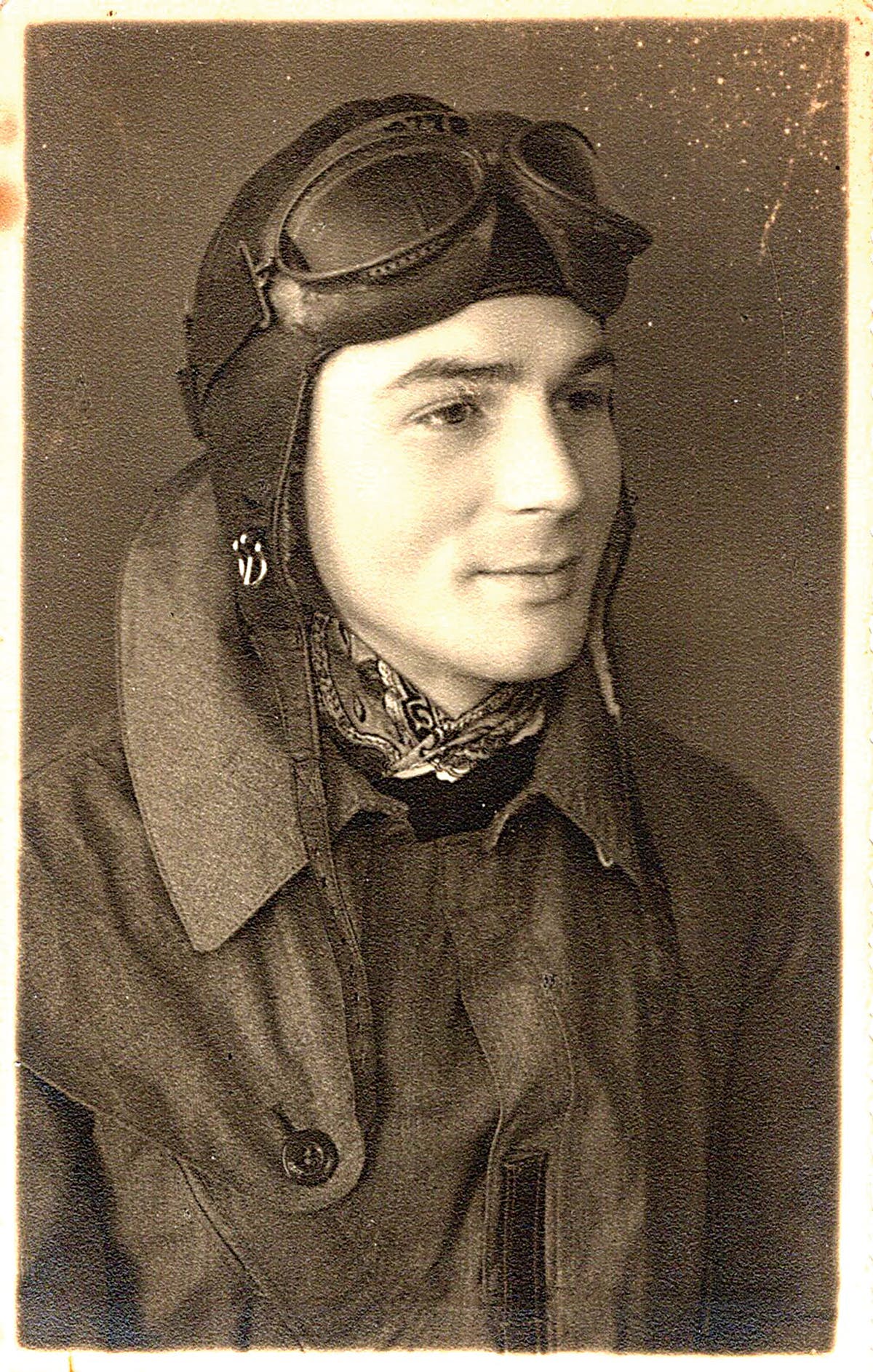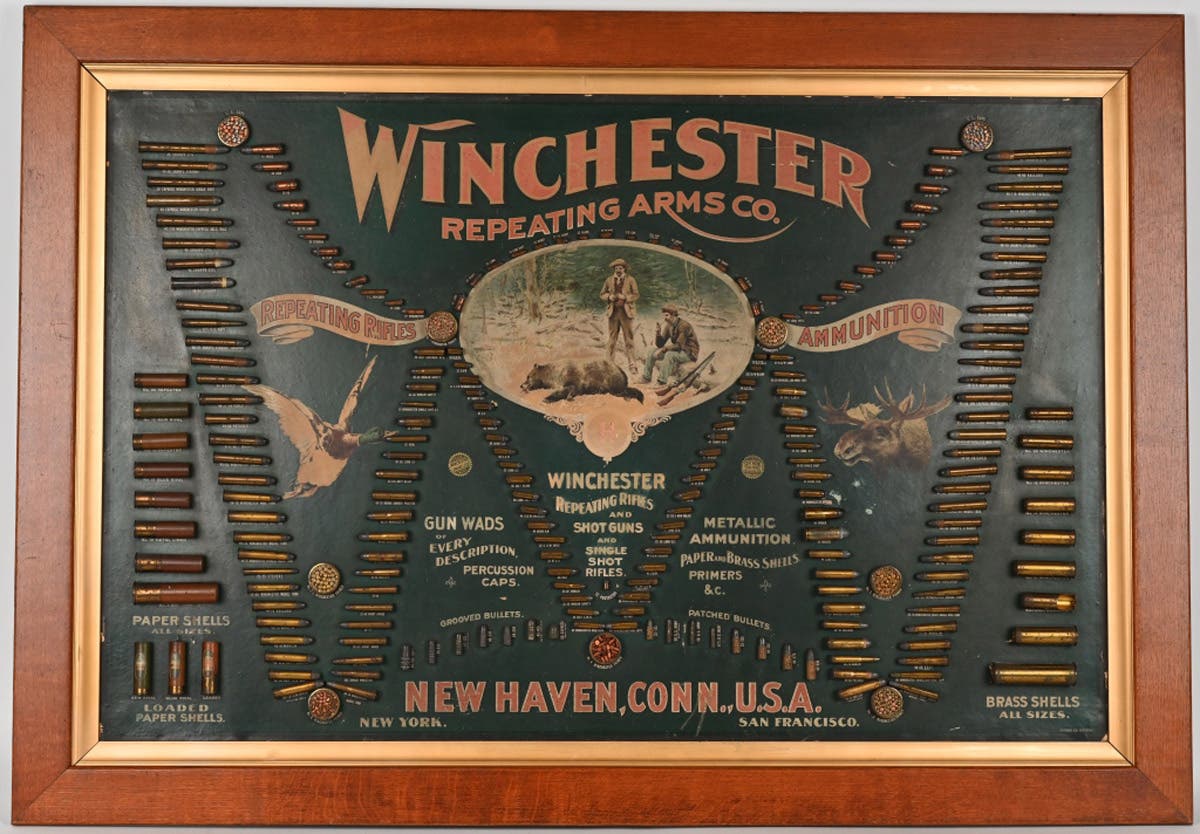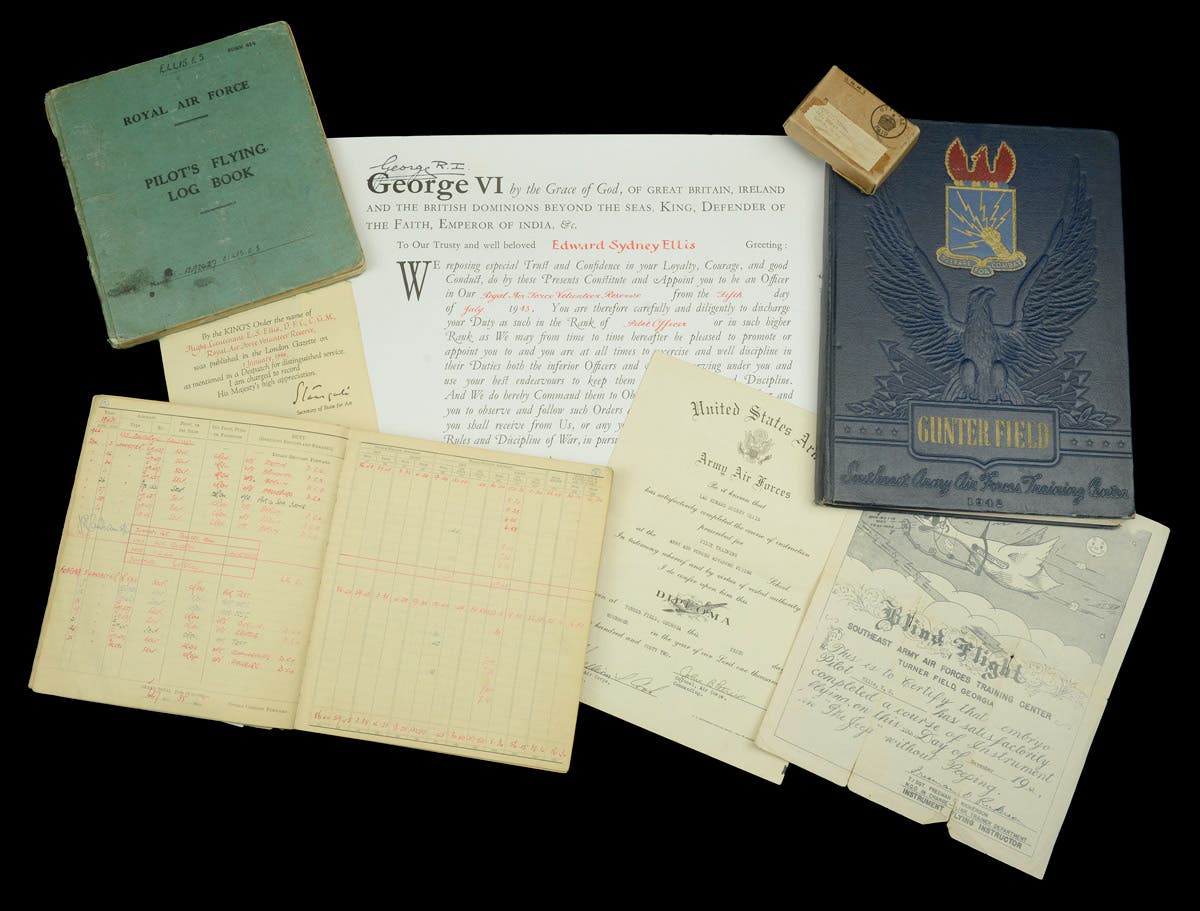Collecting at the Front
By Harold Ratzburg Old soldiers usually have one or two good stories to tell. Over a beer or two, one older, ex-German Army soldier told me quite a tale to…
By Harold Ratzburg
Old soldiers usually have one or two good stories to tell. Over a beer or two, one older, ex-German Army soldier told me quite a tale to tell about his military life. I thoughtcollectors would be interested in his story about the “enemy” side of WWII so have decided to write down the story. For purposes of this article, I will call the Soldat, “Joseph.”
Joseph’s military career started during WWI. He had been born in 1900, and when he turned eighteen, he was immediately drafted into the German Army. He received the usualtraining, and shortly thereafter, he found himself in the trenches of the western front in France.
He didn’t really like to go into the details of life in the front lines, but the most memorable things he collected there were an Iron Cross and a bullet in the belly. His luck with the bullet was good, however. He was evacuated out of the trenches and wound up in a hospital far in the rear for recovery. One of the side benefits of his wound was that while he was treated, the doctors figured that as long as they were “in there,” they might as well remove his appendix – which they did, at no additional cost.
After a long recovery, Joseph was declared fit for service. Fortunately, the war had ended. Joseph was about to be discharged into an economy of rampant inflation and unemployment. The Versailles Treaty allowed Germany to maintain an army of no more than 100,000 soldiers. Somehow, Joseph remained in that army and made a career of it.
A military career with the promise of a good civilian job with the government at the end required twelve years of service in the Reichswehr. In addition to providing military training, the Reichswehr taught Joseph how to be a saddler (leather worker who made and / or repaired saddles) and a skilled craftsman in thebuilding and repair of furniture.
Upon discharge, Joseph decided to go into his own business running an upholstery shop, instead of a civil service job with the post office. Over time, he married and had four children – before the lean years of the worldwide Depression. After Hitler talked his way into power and started to rebuild Germany into a world military force, life became good again – that is, until 1939.
After Germany invaded Poland on September 1, 1939, Joseph was called back into Hitler’s Wehrmacht as an NCO for training new troops. As a result of his prior military experience, Joseph was promoted to Stabsfeldwebel, a rank known as “the mother of the company.” He lived “high on the hog” with a personal valet and driver, but then things started to go downhill for Joseph – and Hitler’s Germany, in general.
The Allies had stopped Hitler’s dream of world conquest and started pushing his Wehrmacht back toward Germany on all fronts. As part of the Allies overall plan to invade France, they worked with propaganda and commando raids to make Hitler believe that the Allies may be planning an invasion into Norway. This forced Hitler to park a lot of his military forces there to repel an invasion if it came.
Joseph got the order to go Norway. He gave his Luger and NCO sword to his wife for safe keeping and away he went to a town called Hammerfest, way up in Norway, north of the Arctic Circle. Hesat in boredom and booze for years, waiting for the Allied invasion there that never came.
As Hitler’s empire began to shrink back toward Germany, his forces in Norway also had to retreat. As part of Hitler’s last ditch strategies, his armies destroyed whole cities in Europe as they left. Joseph’s unit was also ordered to destroy Hammerfest, and they had to obey.
Hammerfest was burned to the ground but like any collector, Joseph saw the opportunity to add to his collection of loot from a conquered country, so he “liberated” a small sackful of valuable jewels and jewelry as the town burned. (I didn’t have thenerve to ask him if he got them at a point of a gun or simply by looting them from the houses after the people were forced to leave. I wish I had asked him then, but it is too late now. He is long gone.)
As his unit retreated south down the Norwegian coast, Joseph was faced to make a hard decision: What should he do with “his” jewelry collection? He realized that to be caught with it in hispocket when he was eventually taken prisoner by the Allies would mean that he could very well be shot on the spot. Things were very dicey in the front lines at that time! If he was spotted burying them for later recovery, he could also face charges and punishments.
He decided he would dispose of them. He sat on the edge of a deep Norwegian fjord and threw the jewels – one by one – into the water.
Eventually, he was taken prisoner by the US Army and thoroughly searched. The soldier who searched him already had an arm full of wrist watches, but he took Joseph’s watch to add to his collection. Such are the fortunes of war. He managed to keep his wedding ring by tying it to a string and suspending it in his underwear between the cheeks of his buttocks where a GI would not be likely to check too closely.
The Americans eventually turned Joseph and his fellow soldiers over to the French army. He and the other German detainees spent a considerable time in miserable conditions in an open field with little food or water. The field was surrounded with barbed wire and machine gun towers. To reach through the wire – even for a potato peel –meant getting shot. He saw it happen to a friend. In Joseph’s opinion, the French were using the oppotunity to “get even.”
Eventually, Joseph was processed trough the system. He had to work as a farm laborer on a French farm for about a year until he was finally released to go home to Germany.
When he arrived in his German home town with only his tattered uniform and wedding ring, he went to the address where his house was supposed to be. All he found was a big hole where his house used to stand. In 22 separate raids, American and English bombers had devastated 75% of the town, including Joseph’s house.
One can only imagine what was going through his mind. Where was his family? He had not heard anything from or about them in more than two years.
Things began to look up, when a neighbor who lived across the street leaned out of a window, “Joseph, don’t worry! Your family is alive.”
His family had survived the air raids by spending night in banker when the British bombed at night and during the days the Americans came over with their B-17s. His wife had faithfully carried his Luger and sword with her for years, to and from the bunker, but when the American army occupied the town in the spring of 1945, they put up signs that said, “Anyone caught with weapons will be shot.” In the dark of night, she carried the pistol and sword to the local river where she threw them. In addition to losing his home, Joseph’s prized military items were also gone.
The postwar years really rough times for Joseph. The house was gone, so he had no place to work. His tools were gone, and there was nowhere that he could buy a hammer or tacks. His family was living in a ruin with four walls and a ceiling, but no roof to keep out the rain. Regardless, his family was okay, and Joseph returned all in one piece, so things could have been worse.
Eventually, Joseph set up his shop again in the cellar of the ruin, and things slowly began to get better because. There was a lot of furniture to be replaced in the bombed-out town. At one point, his former commanding officer who served with him in Norway, came by and asked Joseph for a job because, he too, was having hard times. The CO worked for Joseph for about six months and was very grateful to his ex-subordinate for his help.
And so folks, that is my story of Joseph and his wartime collecting. There are two conclusions that I would like to make.
Conclusion No. 1: When I first heard about Joseph chucking the jewels from his sack into the fjord, I thought, “You dumb jerk, why didn’t you just put them under a rock somewhere where you might have a chance to come back someday and pick them up?”It seems so simple, but was that a good idea?In the first place, he may have been caught at that point and punished. In the second place, imagine how he would have felt over the succeeding years of hardship, when he knew there was a small fortune to be picked up in Norway. With the jewels in the bottom of the fjord, like it or not, Joseph had peace of mind, and that is always worth a lot, I believe.
Conclusion No 2; It is much better to be on the winning side of a war, instead of on the loser’s.



